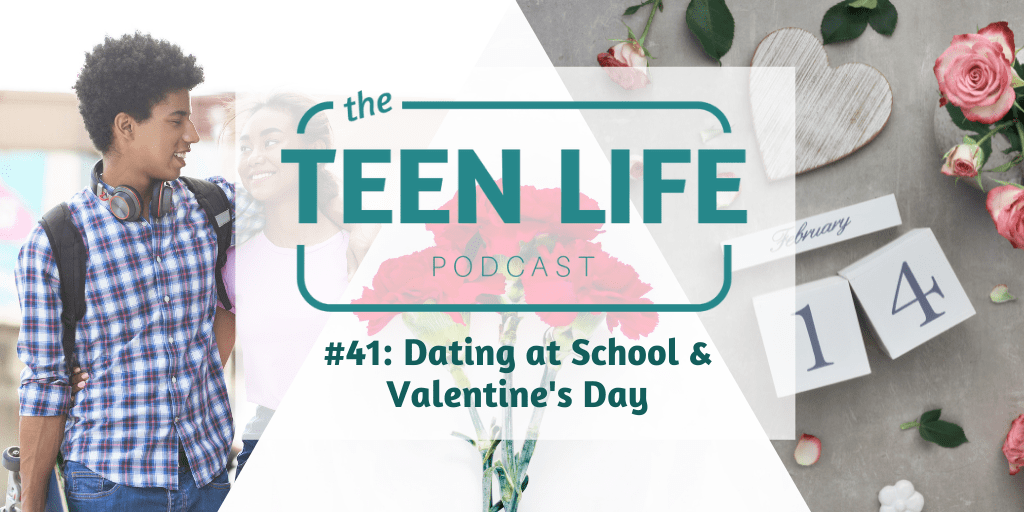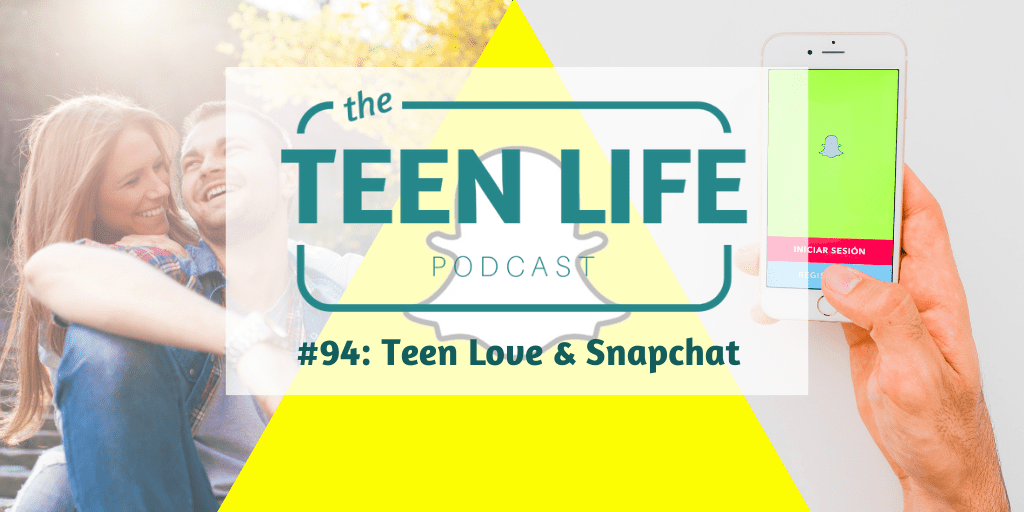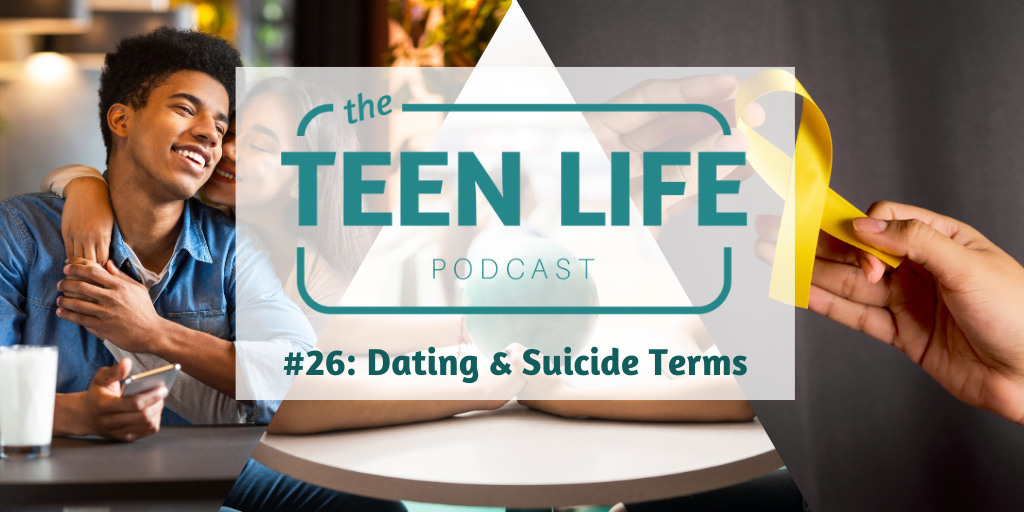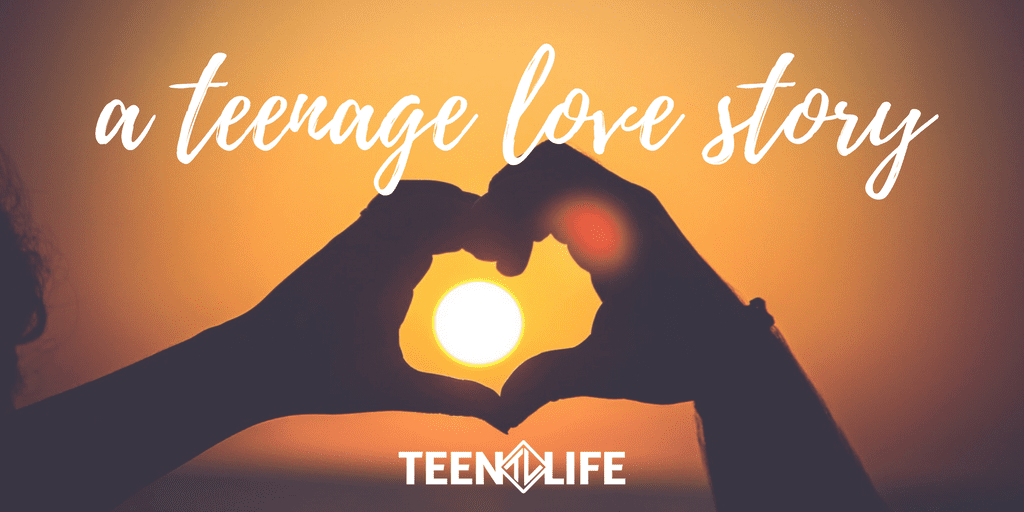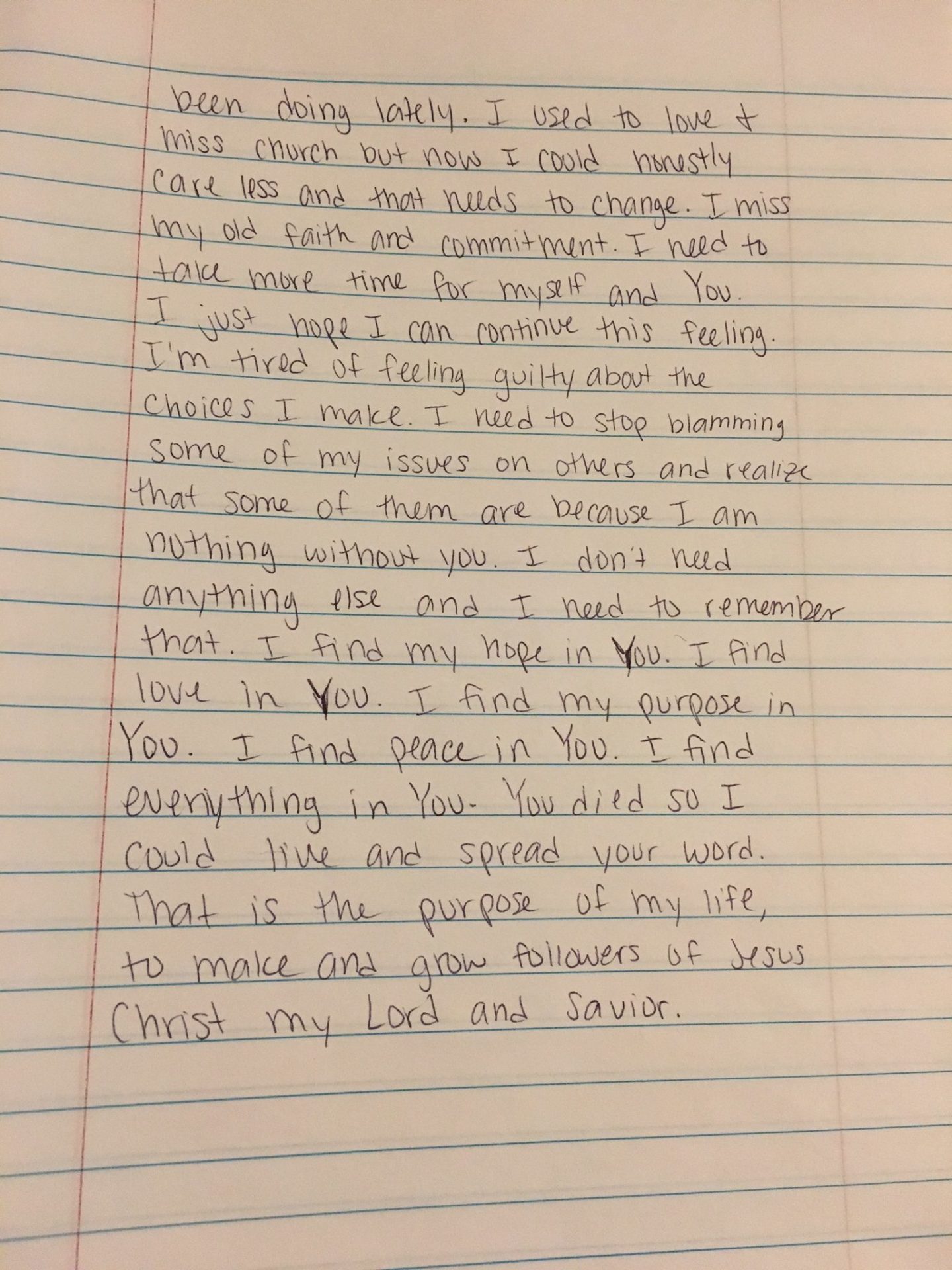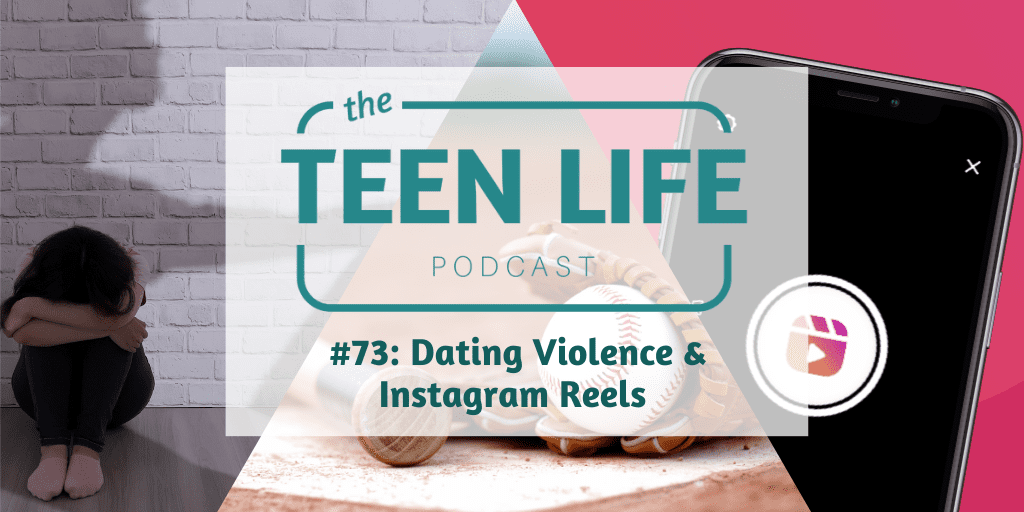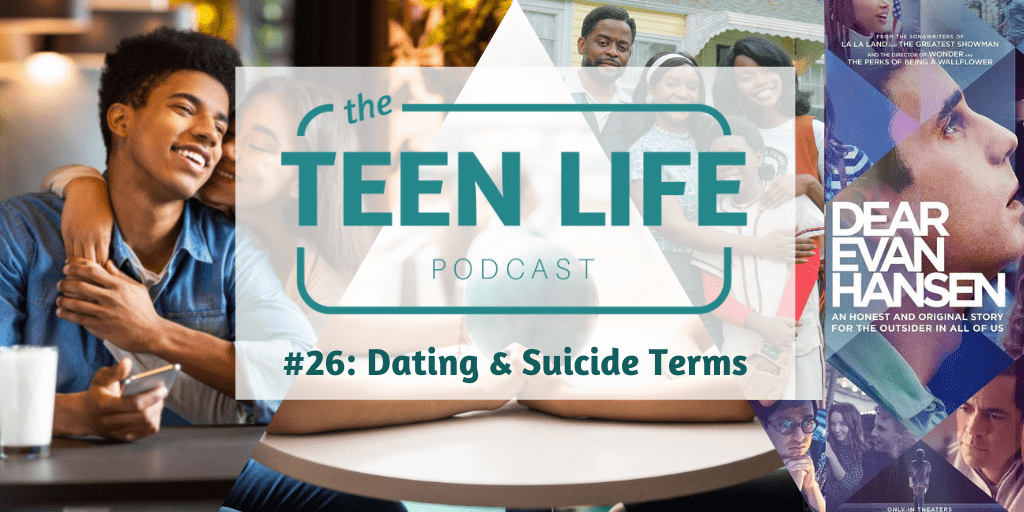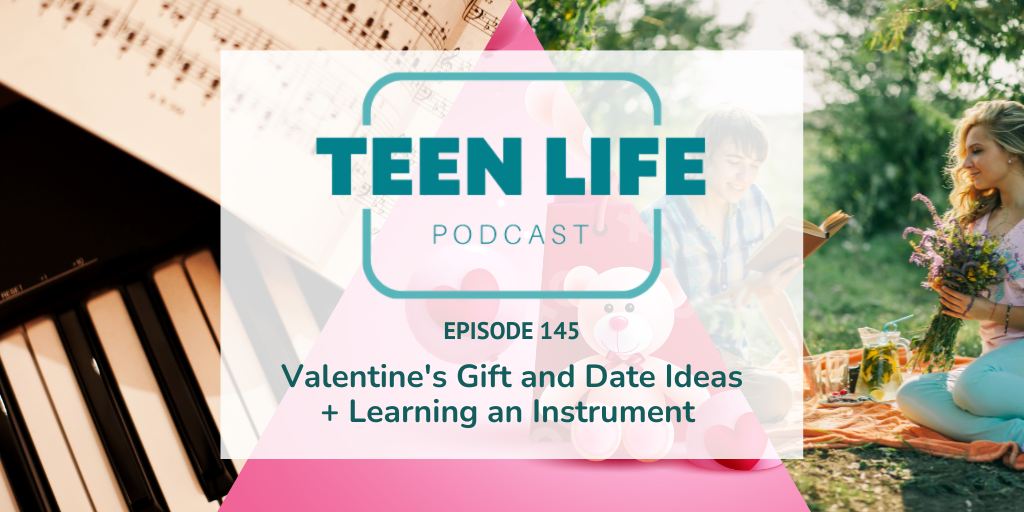
Valentine Gift and Date Ideas + Learning an Instrument | Ep. 145
Podcast: Play in new window | Download
The Benefits of Learning to Play an Instrument
In a world filled with screens and digital distractions, encouraging your teen to pick up a musical instrument might seem like a quaint suggestion.
However, the benefits of learning to play an instrument extend far beyond the realms of entertainment. From fostering discipline to enhancing cognitive abilities, the journey of learning an instrument is a symphony of personal and intellectual development.
Let’s start with the advantages of embracing music education, discuss some easy instruments to start with, and highlight the importance of delving into the world of music theory.
Why Music Benefits Every Teen
- Cognitive Development
Playing an instrument engages various regions of the brain simultaneously, enhancing cognitive abilities such as memory, attention, and problem-solving skills. Research has shown that musical training can have a positive impact on academic performance, particularly in subjects like mathematics and language. - Discipline and Time Management
Learning an instrument requires consistent practice and dedication. As teens commit to regular practice sessions, they develop discipline and time management skills. This commitment can translate into improved academic performance and a strong work ethic that will benefit them in various aspects of life. - Emotional Expression and Stress Relief
Music is a powerful form of emotional expression. Learning to play an instrument provides a healthy outlet for teens to express their feelings and cope with stress. Playing music can be a therapeutic and cathartic experience, allowing teens to navigate the complexities of adolescence with greater emotional intelligence. - Social Skills
Joining a school band or participating in musical ensembles introduces teens to teamwork and collaboration. Playing in a group setting fosters a sense of community and helps teens develop valuable social skills such as communication, cooperation, and empathy.
Try these instruments for great start.
Ukulele
The ukulele is a fantastic choice for beginners due to its small size, simplicity, and the ease with which basic chords can be learned. It’s a great introduction to string instruments and provides a fun way to start making music.
Keyboard/Piano
The piano is another beginner-friendly instrument. Its layout is logical, making it easier for beginners to grasp musical concepts. Many popular songs have simple piano arrangements, making it an enjoyable instrument to learn.
Guitar
While the guitar may seem challenging at first, it’s a versatile instrument that can be learned gradually. Starting with basic chords and simple songs allows teens to build confidence and progress at their own pace.
The Benefits of Learning Music Theory:
Understanding music theory enhances the overall learning experience and provides a solid foundation for musical proficiency. Here’s why music theory is essential:
- Improves Musical Fluency: Knowing music theory enables teens to read sheet music, understand musical symbols, and communicate effectively with other musicians. This fluency accelerates their learning and opens up a broader range of musical opportunities.
- Encourages Creativity: Music theory is not about rigid rules but rather a set of guidelines that empower teens to experiment and create their own music. It unlocks the door to creativity, allowing them to compose and arrange their pieces.
- Facilitates Mastery of the Instrument: A strong grasp of music theory enables teens to understand the underlying principles of their chosen instrument. This knowledge contributes to mastery, allowing them to go beyond rote learning and truly connect with the music they play.
Learning to play an instrument is a transformative journey that goes beyond the simple act of making music. It nurtures discipline, enhances cognitive abilities, fosters emotional expression, and develops social skills. Starting with easy instruments like the ukulele, keyboard/piano, or guitar can make the initial learning phase enjoyable and accessible. Additionally, delving into music theory provides a deeper understanding of the art form, unlocking a world of creative possibilities.
As a parent or teen coach, you can get excited when your teen embarks on a dream of becoming a rock star. It may seem like just a fun pastime, but the intellectual and social benefits go well beyond child’s play!
If you’re interested in learning more…
Books:
“The Talent Code: Greatness Isn’t Born. It’s Grown. Here’s How.” by Daniel Coyle
“Musicophilia: Tales of Music and the Brain” by Oliver Sacks
“The Practice of Practice: How to Boost Your Music Skills” by Jonathan Harnum
“This Is Your Brain on Music: The Science of a Human Obsession” by Daniel J. Levitin
Websites and Articles:
Psychology Today: Musical Training Optimizes Brain Function
Psychology Today: Music and the Brain
Online Learning Platforms:
Yousician – An interactive platform for learning various instruments, including guitar, piano, and ukulele.
Coursera – Fundamentals of Music Theory – A comprehensive online course for beginners interested in music theory.
Instrument-Specific Resources:
Ukulele Underground – Offers tutorials and resources for ukulele players of all levels.
JustinGuitar – A popular website for learning guitar with beginner-friendly lessons.
Piano Marvel – An online platform for learning piano with interactive lessons and practice tools.
Also, remember to explore local music schools, community centers, and private music teachers for personalized guidance and additional resources.
Dating Advice for Teens:
Navigating teen relationships is not easy. Balancing school, family, friends, and extracurriculars is hard enough! These tips are great for encouraging teens who want to date while also keeping it fun and age-appropriate.
- Be intentional. Simply being thoughtful and intentional can go a long way to show you care! Plan dates and gifts ahead of time. Use your time together to encourage and uplift.
- Focus on having fun. Teenage relationships should be FUN! If they are causing stress or full of fighting and tears, it might be time to move on.
- Set expectations early. Talk about boundaries and how much time you want to spend together at the beginning. It is helpful when both people come into the relationship on the same page.
- Know where you are in your relationship. Don’t rush things or compare your relationship to others. It is okay to take your time and enjoy the relationship for what it is!
Also in this episode:
- Valentine’s Day gifts, dates, and advice for parents of teens.
In this episode, we mentioned or used the following resources.
- Valentine Date Ideas: Melting Pot | Main Event
- Podcast music by Luke Cabrera & Tobin Hodges
Have a question?
If you have a question about something you heard or just want to give us some feedback, please leave us a comment below. We would love to hear from you!

Karlie Duke
Communications Director

Tobin Hodges
Program Director

Caleb Hatchett
Podcast Host
Caleb Hatchett | Podcast Co-Host
Caleb loves helping teenagers take ownership of their faith and relationships. He graduated from Abilene Christian University with a degree in Youth and Family Ministry and is currently Student Ministry Director at Jenks Church in Oklahoma.
Tobin Hodges | Program Director
Tobin’s entire career has been centered around students and teens from all walks of life. He has a passion for helping teens be their best selves. As Program Director, he loves working directly with school staff and students through Teen Life Support Groups. Tobin has a Bachelor’s Degree in Music from Texas Tech University.
Karlie Duke | Director of Communications
Karlie has always had a heart for teenagers. Through her role at Teen Life, she loves to showcase the amazing stories coming out of Support Groups, but she is especially passionate about helping adults and teenagers find connection. Karlie has a BS in Communications with a minor in Family Studies from Abilene Christian University.









